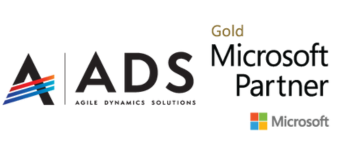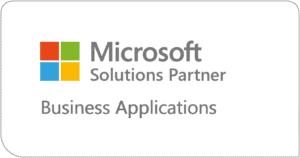Thank you for downloading our ebook! We have sent it to your email.
1
1
0%
https://adynamics.com.my/wp-content/plugins/nex-forms-express-wp-form-builder
false
message
https://adynamics.com.my/wp-admin/admin-ajax.php
https://adynamics.com.my/erp/faqs
yes
1
Chapter 13
ERP FAQs
Below you’ll find answers to our most commonly asked questions about ERP systems.









